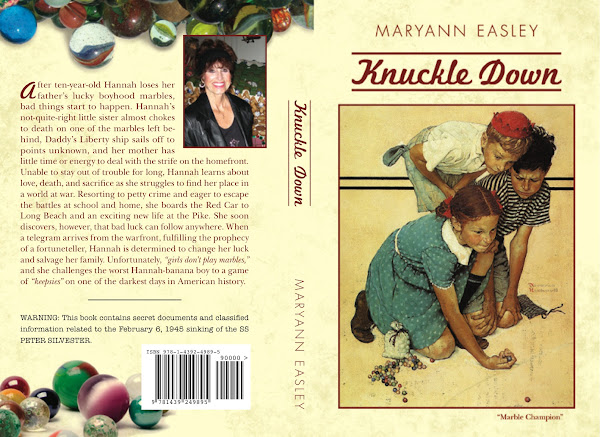
If you're a young reader, you might want to interview an older person, a grandparent or great grandparent and ask them about the great war. Things were quite different then since only Dick Tracy in the comic strips had an electronic watch to talk to someone. Everyone else had to use the telephone in the hallway at home. Few people had television in those days, but everyone listened to the radio. Children had favorite radio shows like Jack Armstrong, All-American Boy and adults listened to the Fireside Chats given by President Franklin D. Roosevelt. Everyone listened to Fibber McGee & Molly, Jack Benny, and Bob Hope. Families gathered around the radio, leaning close, to hear news and the evening concert.
You might ask an older person what it was like to live without electronic devices, what things they had to do without during the war, what games they played at school, who their teachers were with so many gone to war, and how they spent their leisure time.
If you're an older reader, why not share your memories of life on the homefront during World War II? If you served in the military during the forties or recall what life was like on the homefront, your experiences need to be shared since you are a living link between this disappeared time and now. What are the similarities and what are the differences and what have we learned about war?

No comments:
Post a Comment